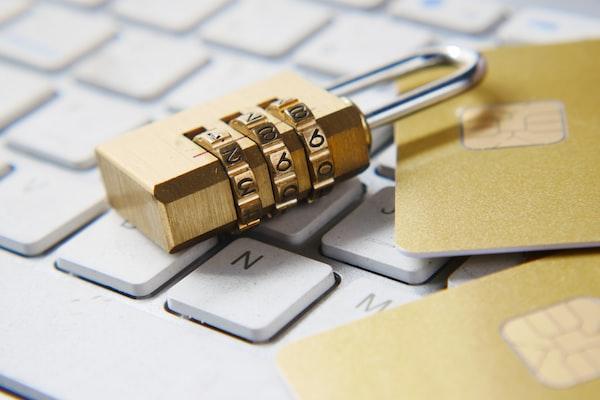The importance of data security for businesses should not be underestimated. In the digital age, companies rely on electronic data more than ever before to conduct their operations. This data is often sensitive and must be protected from unauthorized access, use, and disclosure. Unauthorized access to this data can result in financial losses, damage to reputation, and even lawsuits.
In this article, we’ll provide an overview of the best practices for data security and privacy to keep your customers’ data safe. Keep reading to learn more.
Use passwords and other security measures.
Passwords and other security measures provide the basic foundation for keeping your customers’ data safe and secure. A password manager can help you create and store strong passwords, and two-factor authentication protects information by requiring two forms of identification in order to log in. You should also make sure your website is secure by checking that the website has an SSL certificate. An SSL certificate makes sure that the website’s information is encrypted and cannot be read by anyone else.
Implement policies and procedures to protect customer data.
One of the most important things a business can do to protect customer data is to implement policies and procedures for data protection. This includes establishing rules for how employees should handle and store customer data, as well as implementing security measures to protect against theft or loss of data.
Employees need to understand the importance of keeping customer data confidential and how to properly handle and store it. Training employees on these policies is essential in ensuring that customer data is kept safe. In addition to employee training, businesses should also invest in security measures to protect their data. This includes using firewalls, antivirus software, and other security tools to help keep your data safe. It’s also important to keep your software and systems up to date so that you are protected against the latest security threats.
By implementing these policies and procedures, businesses can protect their customer data from being accessed or stolen and ensure that their customers remain loyal and trust them with their important information.
Store and handle your customers’ data securely.
When you store your customer’s data, make sure you are using a secure solution that will keep it safe from unauthorized access. This could include using password protection or encrypting the data so that only authorized users can access it.
Additionally, allow only authorized personnel access to the customer data in order to minimize the risk of unauthorized access or theft. You may also want to consider implementing two-factor authentication, which requires two forms of identification (e.g., username and password plus security token) for accessing sensitive information.
Make sure you are regularly backing up your customer data so that if something happens, you have a recent copy available. This could include backing up the data on-site and off-site in case of disaster or theft.
Further, train your employees on how to safely handle customer data both in transit and when storing it electronically or offline. This could include educating them on proper handling procedures and what to do if they suspect a security breach has occurred.
Another important part of data security is ensuring that your customers’ information is protected while it is being transmitted. One way to do this is by using encryption technology. This will help to ensure that the information cannot be accessed by unauthorized individuals.
Altogether, it is critical to keep your customers’ data safe. While there are many ways to do this, following best practices is essential. Use this article as a guide to make sure your customers’ data is protected at all times. Protecting your customers also protects your reputation as a business and boosts loyalty and trust among your customers.

